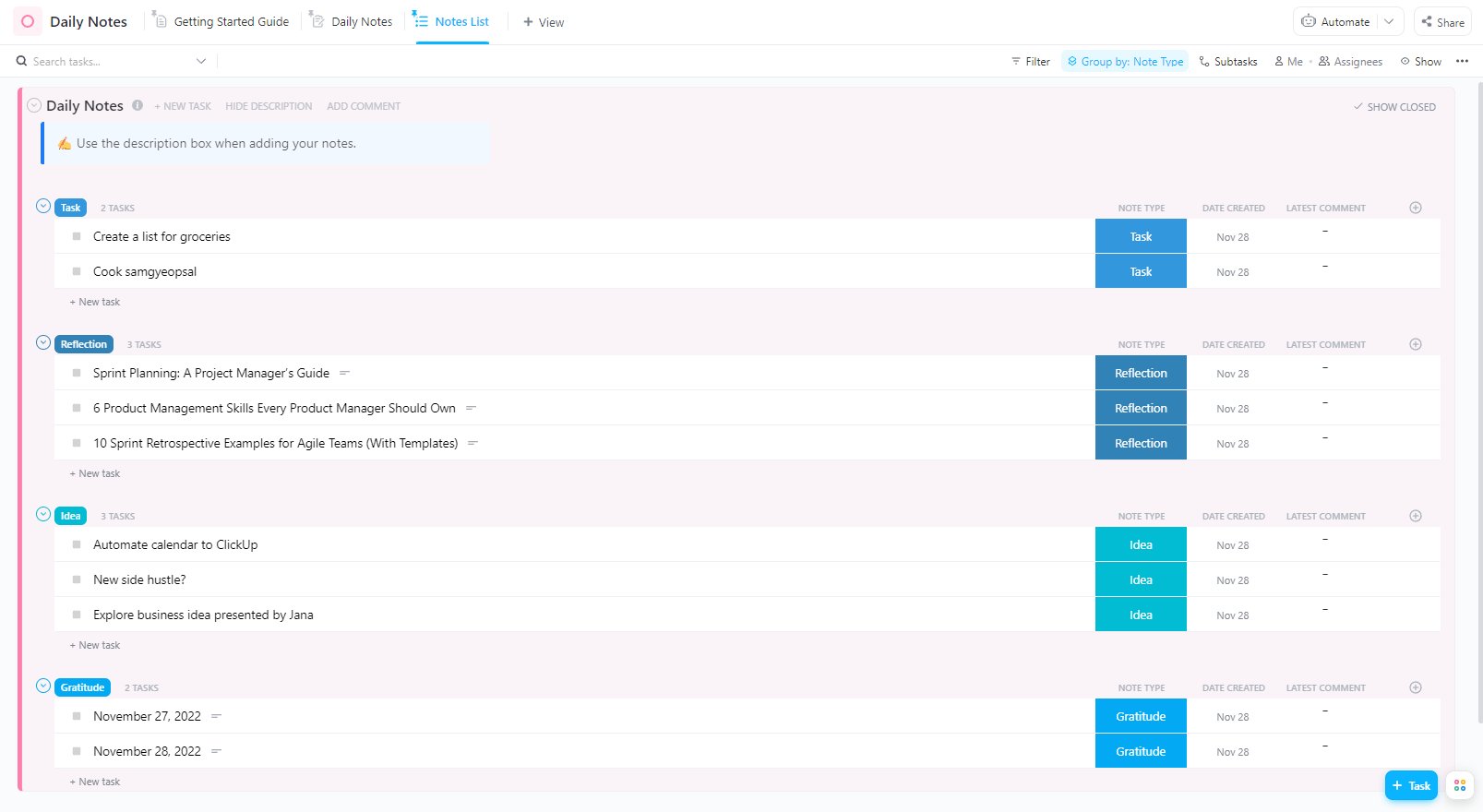AS summer heatwaves grip the nation, millions of Americans are cranking up the AC to stay comfortable – and watching their electricity bills soar.
But one energy expert revealed the sweet spot for cooling efficiency isn’t as chilly as most people believe.
3

3
Corey Gilgan, owner at Oregon Generators, said: “Most people think they need to set their AC to 68 or 70 degrees to stay comfortable, but that’s actually costing them hundreds of dollars unnecessarily.”
The magic number, according to Gilgan, is 78°F (25.5°C) when you’re home during the day.
“Setting your thermostat at 78°F instead of lowering it to 72°F can cut your cooling costs by up to 10 per cent,” he explained.
“Your AC works exponentially harder the lower the temperature you set it to.
”Every degree below 78°F forces your system to remove more heat from your home, which requires significantly more energy.”
Think you’ll toss and turn if it’s warmer at night?
Not so, said Gilgan. He advised raising the temperature to 82°F while you sleep.
“Most people sleep better in slightly warmer temperatures anyway,” he notes.
“Your body temperature drops naturally at night, so that 82-degree setting feels perfectly comfortable under a light sheet or blanket.”
Every degree matters. Gilgan explained each degree you raise the thermostat saves about three per cent on your monthly energy bill during peak summer.
“People don’t realize how much that one-degree change impacts their monthly bill,” he said.
“We’re talking about real money here, sometimes as much as $30 to $50 per month for the average household.”
Stay cool without cranking the AC
To stay cool without blasting the AC, Gilgan recommended using ceiling fans strategically.
Run them counterclockwise in summer, he said, because the wind-chill effect makes it feel three to four degrees cooler than the actual temperature.
Another simple trick is to close blinds during peak sun hours.
Keeping them shut on south and west-facing windows between 10am and 4pm can slash indoor temperatures by up to 15 degrees in the hottest parts of the day.
He also advised timing your cooking wisely.
Avoid firing up the oven or stovetop during the afternoon heat and instead cook early in the morning, later in the evening, or take it outside to the grill to prevent adding extra heat indoors.
Finally, Gilgan urged homeowners to seal air leaks around windows and doors.
Even small gaps can let cool air escape and force your AC to work harder, but inexpensive fixes like weather stripping and caulking deliver immediate results.
“These tips work together with the right temperature setting,” Gilgan pointed out.
“You’re not just changing a single thing, but creating a system that keeps you comfortable while your AC runs efficiently.”

3








